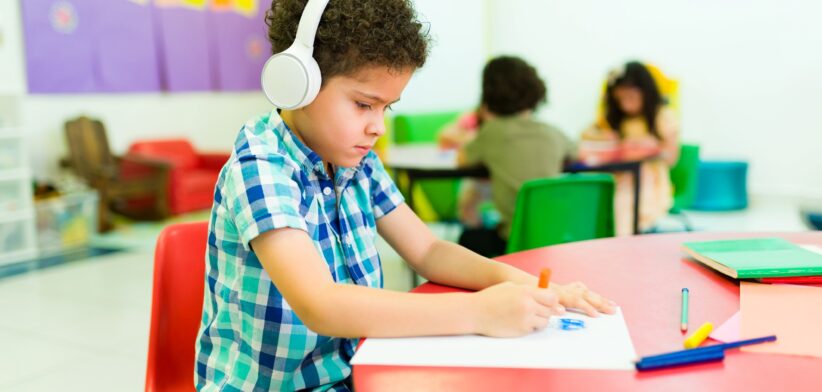A computer model has been developed which can predict autism in young children with a high degree of accuracy.
Associate Professor Kristiina Tammimies from Sweden’s Karolinska Institutet said the new machine learning model could predict autism from relatively limited information and facilitate the right support being provided early.
“With an accuracy of almost 80 percent for children under the age of two, we hope that this will be a valuable tool for healthcare,” Associate Professor Tammimies said.
She said the research team used a large US database with information on approximately 30,000 individuals with and without autism spectrum disorders.
“By analyzing a combination of 28 different parameters, the researchers developed four distinct machine-learning models to identify patterns in the data.”
Associate Professor Tammimies said the parameters selected were information about children that could be obtained without extensive assessments and medical tests before 24 months of age.
She said one of the models, AutMedAI, was able to identify about 80 percent of children with autism.
“In specific combinations with other parameters, age of first smile, first short sentence and the presence of eating difficulties were strong predictors of autism.”
Associate Professor Tammimies said the results of the study were significant because they showed that it was possible to identify individuals who were likely to have autism from relatively limited and readily available information.
“Early diagnosis is critical to implement effective interventions that can help children with autism develop optimally.
“This can drastically change the conditions for early diagnosis and interventions, and ultimately improve the quality of life for many individuals and their families.”








